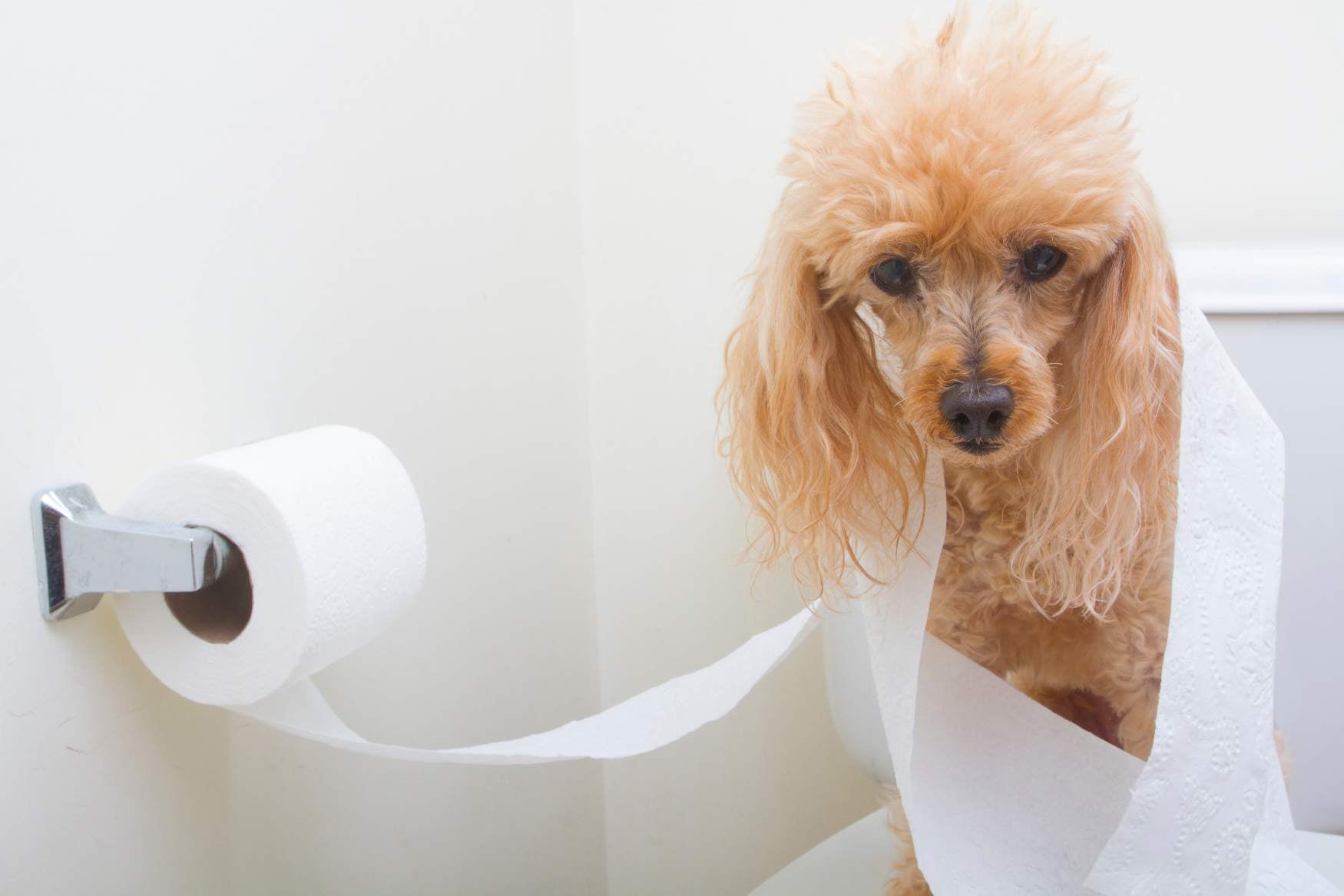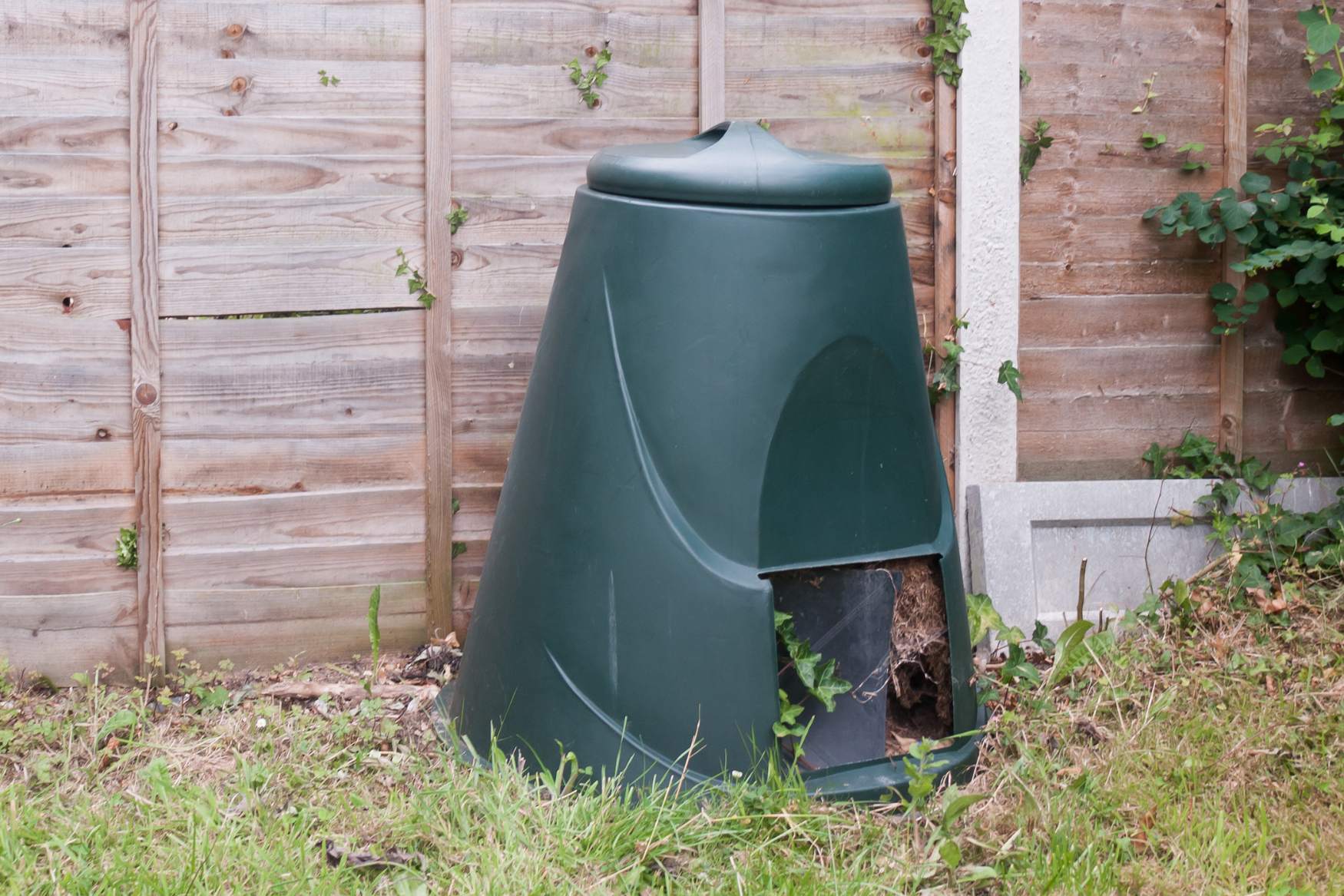As a dog owner, one of the not so glamorous parts of the job is dealing with the occasional (or frequent) indoor accident. Finding a mess on your floor is frustrating and confusing especially when you thought your dog was fully house trained.
But before you lose your mind, it’s not because your dog is “bad” or “naughty”. It’s often a sign of something deeper going on. In this post we’ll go over why your dog is pooping indoors and more importantly how to stop it!

The Hidden Battle: Why My Dog Poops Indoors
You take your dog out for a walk, you’re sure they’ve done their business and head back inside and—oh no!—they’ve pooped in the house just minutes later. This happens to many of us and leaves us baffled.
The truth is, there are many reasons why a dog may be pooping inside and you need to find out why before you can fix it.
- Medical Reasons and Age-Related Issues (Older Dogs)
Just like humans, dogs can have medical conditions that affect their bowel control. Conditions like inflammatory bowel disease or intestinal parasites can cause quite a few accidents and unexpected bowel movements, making it hard even for the most house trained dog.
An older dog is more prone to these issues as they may develop canine cognitive dysfunction which can cause confusion and they can forget previously learned behaviours.

House Training and Routine Disruptions
House training is a big part of raising a dog especially during the puppy stage. But even an adult dog who was once fully house trained can have a few accidents in the house if there’s been a big disruption in their routine. Changes like a new pet in the house, a move or even a change in your work schedule can throw off your dog’s rhythm.
Sometimes it’s not the training itself but the consistency with which it’s reinforced. Dogs thrive on routine and when their routine is disrupted their ability to remember the “rules” might be too. For puppies who are still learning it’s not uncommon for them to lose control especially if they haven’t developed full control over their bowel movements.
- Anxiety and Fear
One of the most common reasons dogs poop indoors is anxiety. Dogs are sensitive creatures and changes in their environment or routine can trigger anxiety which manifests in many ways including pooping inside.

Even something as minor as loud noises like thunderstorms or fireworks can trigger this behaviour. Anxious dogs might feel their safe space is inside so they’ll relieve themselves in the house rather than outside where they feel vulnerable. If you think your dog’s accidents are fear related creating a safe space for them and using calming techniques might help calm them down.

- Separation Anxiety
Separation anxiety has increasingly become an issue for many dogs, particularly when there’s a change in how often you’re at home (since Covid there has certainly been a shift) If your dog is used to having you around most of the day and your routine shifts so that you’re gone for longer stretches, this can be distressing for them.
Dogs experiencing separation anxiety often show signs of distress as you prepare to leave. Whether it’s putting on your shoes, grabbing your keys, or other departure cues, these can trigger their anxiety. As a result, they may exhibit behaviours such as destructive chewing, pacing, whining and of course accidents in the house.
How to Stop Dog From Pooping In House: Practical Tips
Now that we’ve covered the reasons, let’s get into the practical steps to stop a dog from toileting indoors. Don't forget to approach this with patience and understanding as punishing your pet will only make the problem worse.
- Rule Out Medical Issues First
Before you try any behavioral solutions have your dog checked by a vet to rule out any medical issues. Whether it’s food allergies, intestinal parasites or cognitive dysfunction, addressing any underlying medical problem is the first step to solving the issue.
- Reinforce House Training
If your dog’s accidents are due to a lack of house training it’s time to go back to basics. Establish a routine for bathroom breaks and make sure your dog knows where to go. Take them out frequently especially after meals, naps and playtime and reward them with a treat and praise when they go in the right spot.
For an older dog, or those with age related issues like fecal incontinence you might need to adjust their feeding schedule or provide more frequent bathroom breaks. A new food that’s easier on their digestive system can also help.
- Address Anxiety and Create a Safe Space
If anxiety is the cause work on identifying the triggers and minimizing their impact. For example if your dog is afraid of loud noises create a quiet space for them to retreat to during stressful events. Separation anxiety is harder to address but gradual desensitization and positive reinforcement can help your dog feel more secure when left alone.

In some cases your vet might recommend treatment options like anxiety medication or dietary changes to help manage your dog’s anxiety.
- Clean Accidents Thoroughly
A dog's nose is super, and if they can still smell the previous accident they might go in the same spot again. Use an enzymatic cleaner to clean any areas where your dog has peed or pooped. These cleaners break down the proteins in the waste removing not just the stain but also the smell that will encourage repeat mishaps.

- Monitor Your Dog’s Diet
Diet plays a big role in a dog’s digestive health. If your dog is having frequent accidents it might be time to look into their diet. Make sure they’re eating high quality food that’s suitable for their age and health status. Sometimes a simple change of food can upset a dog’s stomach and cause accidents.
For dogs with food allergies or sensitivities finding the right diet can make all the difference. Your vet can help you determine if dietary changes are needed and recommend a treatment plan that includes a suitable diet for your dog.

Still Have Questions? FAQ
At what age do puppies stop pooping in the house?
Puppies stop pooping in the house typically between 4-6 months but can take longer in stressful situations or if there are inconsistencies in house training.
Is it normal for a puppy to poop in the house?
It’s normal for a puppy to poop in the house especially during the early stages of house training. Accidents are part of their development.
How do I stop my dog from pooping and peeing in the house?
Stop your dog from pooping and peeing in the house by establishing a routine, reinforcing house training, addressing any underlying medical or anxiety issues and cleaning up accidents to remove scents that will encourage repeat accidents.
Why is my potty-trained dog suddenly pooping in the house?
Your potty trained dog may be suddenly pooping in the house because of stress, anxiety, medical issue or changes in their environment or routine.
Why is my old dog peeing and pooping in the house all of a sudden?
The reason your old dog is peeing and pooping in the house all of a sudden may be due to age related issues like canine cognitive dysfunction or fecal incontinence or it could be a sign of an underlying medical issue that needs vet attention.
You've made it to the end!
Dealing with a dog that poops indoors can be tough but with patience and understanding you can get to the bottom of it and help your dog get back on track. Whether it’s a medical condition, anxiety or a lapse in house training, identifying the underlying cause is key to finding the solution.
By reinforcing good habits, creating a safe and consistent environment and addressing any health issues you can stop your dog from pooping in the house and have a cleaner happier home.
At the end of the day your dog isn’t doing it to spite you or be naughty. They’re just trying to tell you something. Listen to them and respond with love and you’ll strengthen your bond with your pet and everyone in the household will be happy and comfortable.
Author: Eve Baxter - ThePet& Echo.com
Josh and Eve at The Pet& Echo are the passionate duo behind this blog! Their mission is to be your ultimate hub for canine knowledge, offering
insightful blog posts, newsletters, and personalised advice. Bringing together Eves degree in Zoology and their passion for animals they are a very fast-growing blog. Sound like your cup of tea?







